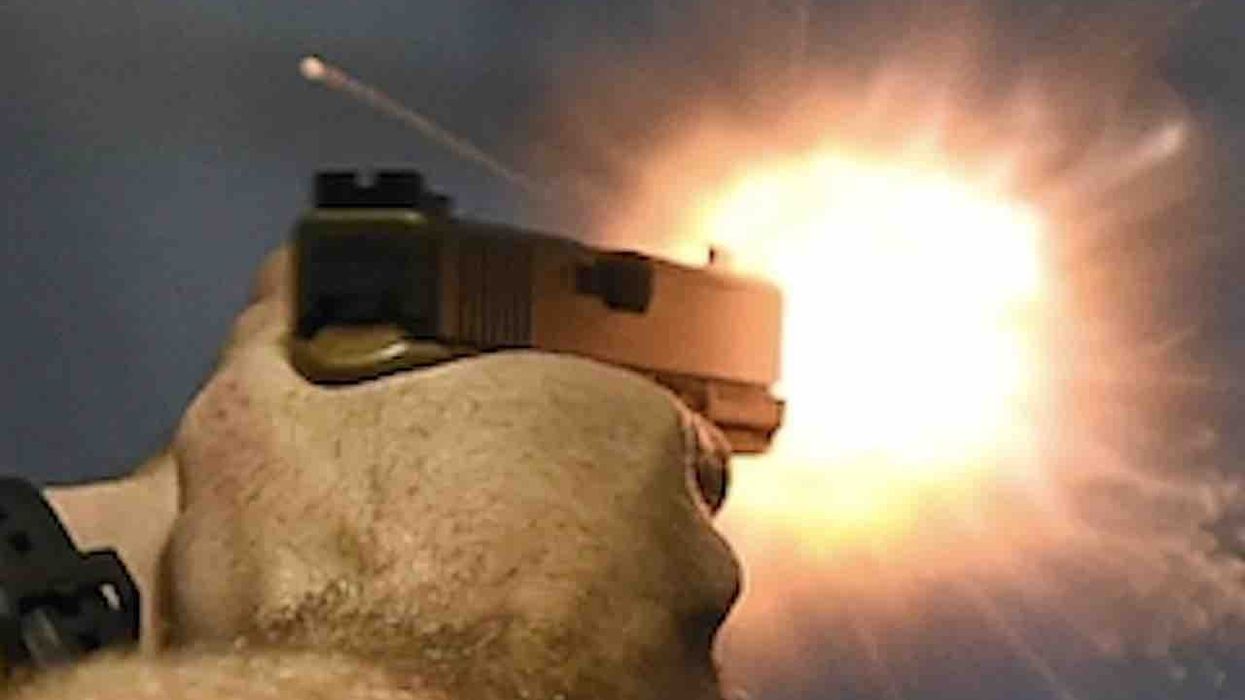
© 2025 Blaze Media LLC. All rights reserved.
A court in Utah has ruled that the federal government doesn't have the authority to regulate people on private land for the purpose of protecting a threatened species -- in this case, the Utah prairie dog, an animal that many in Utah say is not threatened at all.
The ruling is a significant win for property owners in Utah who have been trying to fight off prairie dog invasions on their land, but can't because doing so would violate federal law and regulation. The Endangered Species Act gives the government some authority to stop actions that harm threatened or endangered species, and the Utah prairie dog is currently listed as "threatened."

As a result of that determination, the federal government has been stopping people from using their private land in ways that might further harm the prairie dog population. But those rules were challenged by landowners who said the government had no basis in the Constitution for imposing these limitations.
Specifically, the federal government had been arguing that the Constitution's Commerce Clause allows it to take steps to regulate people on private land to help save the prairie dog. But the District Court of Utah ruled that the regulation of a local species of prairie dog in no way impacts interstate commerce, and said the federal rules are therefore invalid.
The legal challenge was brought by the Pacific Legal Foundation on behalf of Utah property owners. PLF argued that if the government can regulate people's actions on private land to ensure the protection of a local species of animal, based on the argument that doing so affects interstate commerce, then the federal government would have limitless powers under the Commerce Clause.
The Utah court agreed. "Although the Commerce Clause authorizes Congress to do many things, it does not authorize Congress to regulate takes of a purely intrastate species that has no substantial effect on interstate commerce," Judge Dee Benson wrote.
PLF said the ruling is a huge victory for supporters of limited government.
“The federal government may take whatever measures it likes on its own property, in order to protect the prairie dog,” said PLF lawyer Jonathan Wood. "But it can't violate the U.S. Constitution by taking away the property rights of private citizens or local governments."
The ruling could be appealed by the federal government, but it was just handed down on Wednesday, and no appeal had been filed as of Thursday.
While the federal government sees the Utah prairie dog as a threatened species, many Utahans see the animal as an invasive pest that's taking over parts of the state. Some Republicans have argued that the government determined that the prairie dog is threatened because it's only counting animals that live on public land, not private land.
Earlier this year, Rep. Chris Stewart (R-Utah) proposed legislation that would force the government to count all species of prairie dogs living on public or private land.
"[T]here are large populations of prairie dogs in yards, parks, cemeteries, and fields that never get counted toward recovery because they don’t live on federal lands," Stewart said earlier this year. "Many wonder whether the species could be delisted if these dogs were included in official counts used to determine whether the species is on the path to recovery."
Want to leave a tip?
We answer to you. Help keep our content free of advertisers and big tech censorship by leaving a tip today.
Want to join the conversation?
Already a subscriber?
more stories
Sign up for the Blaze newsletter
By signing up, you agree to our Privacy Policy and Terms of Use, and agree to receive content that may sometimes include advertisements. You may opt out at any time.
Related Content
© 2025 Blaze Media LLC. All rights reserved.
Get the stories that matter most delivered directly to your inbox.
By signing up, you agree to our Privacy Policy and Terms of Use, and agree to receive content that may sometimes include advertisements. You may opt out at any time.





